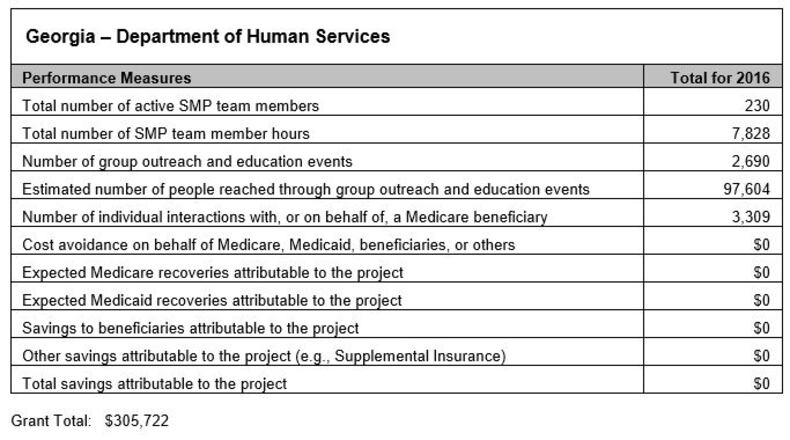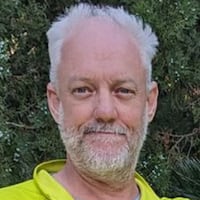The wise men of my youth surmised even a blind hog will occasionally find an acorn.
But the poor creature may starve if you give it a government grant.
Or so suggests a report from the Office of Inspector General of the U.S. Department of Health & Human Services , a federal agency "at the forefront of the nation's efforts to fight waste, fraud, and abuse in Medicare, Medicaid and more than 100 other HHS programs."
The report, issued this month, details the fraud-busting efforts of something called the "Senior Medicare Patrol."
I'd never heard of the SMP, but it "recruits and trains retired professionals and other senior citizens to prevent, recognize, and report health care fraud, errors, and abuse."
It sounds a little like my local "Neighborhood Watch."
My dwelling is surrounded by retired folks armed with nothing more than pen, paper, binoculars and an enduring curiosity. One day I pulled into my driveway and, as I was walking into my house, I heard someone hollering. It was a neighbor waving a piece of paper from his porch.
I visited the kindly gentleman, who had retired in DeKalb after a long career in Ohio. He provided me with the tag of a vehicle he saw turning around in my driveway earlier in the day.
I thanked him for his efforts but told him people turn around in my driveway all the time and, according to local law enforcement, I can't put out tire spikes.
He retained the car tag for his files. "Just in case," he winked.
No arrests were made that day, but I like that my neighbor's got my back. Or at least my front driveway.
The Senior Medicare Patrol gives me less of a warm, fuzzy feeling.
According to the Inspector General report, there are 230 SMP members, the fourth most of any state, protecting Georgia from medical billing shenanigans.
I like to think they are retired doctors, nurses and forensic accountants who feign maladies to enter the offices of still-working medical professionals and search for clues like Lieutenant Columbo, whom only they recall seeing on TV. But, in a more-boring reality, volunteers are recruited and trained for office work and presentations. In Georgia, recruiting and training is handled by a state agency. In other states, grants are awarded to private companies.
In 2016, Georgia volunteers logged 7,828 hours.
The federal grant for Georgia totaled $305,722.
How much medical fraud was discovered here?
The SMP scorecard for Georgia has more zeroes than Pearl Harbor, another reference only SMP members may get.
The final line on the 2016 chart says"Total savings attributable to the project: $0."
Georgia didn't stand alone. Thirty-eight other states also came up empty.
Senior citizens in some states watched more Perry Mason, however.
Florida has only 71 active SMP members, but they sniffed out $44 in taxpayer savings with their $417,739 grant.
Tennessee has an amazing 446 volunteers out there snooping and discovered $1,170 in fraud for a mere $292,210.
Of the 53 states and others geographic regions that pretend to be American, none got close to finding as much fraud as they spent. Kentucky got closest, finding $33,274 in total savings with their $279,861 grant.
Nationally, in 2016, funding for SMP projects totaled $18 million and $56,121 was "saved."
If we threw all that money at blind hogs, at least we'd have bacon.
About the Author
Keep Reading
The Latest
Featured



